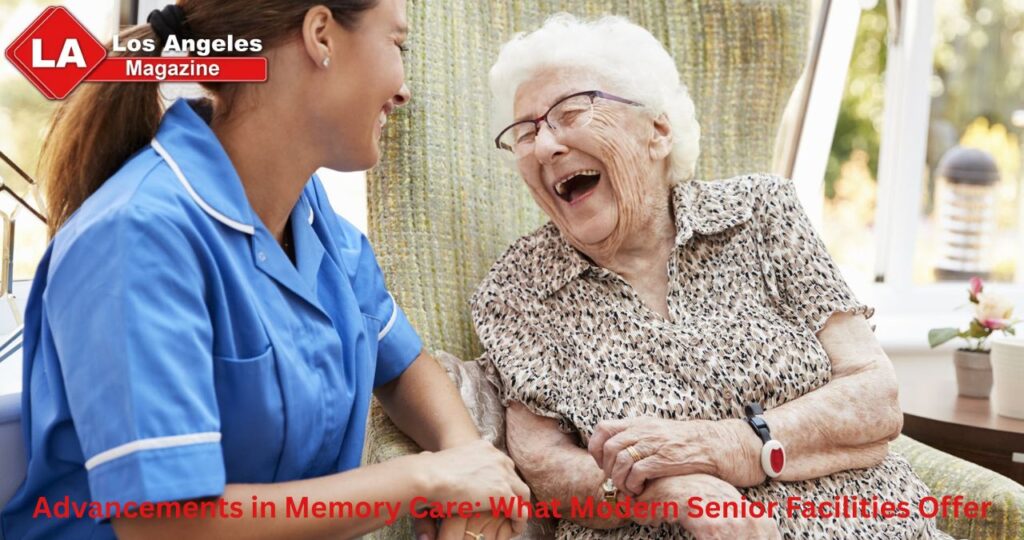Did you know that the global dementia care products market is projected to reach a value of $43.6 billion by 2032? This shows the growing need for better memory care solutions.
Memory care has changed a lot over the years. It has grown from simple supervision to advanced support for seniors with cognitive issues. These changes help improve the lives of those with memory loss.
Today’s facilities use proven methods and modern technology. These tools support brain health and daily living. This article will share new ways memory care is improving for seniors.
Personalized Care Plans
One major advancement in memory care is the use of personalized care plans. These plans focus on each resident’s unique experience with memory loss. Everyone receives support based on their specific needs.
Trained professionals perform detailed assessments to understand each resident. They consider physical, emotional, and mental health when creating the plan. This ensures the care is both accurate and effective.
The care plans often include cognitive activities, social time, and physical therapy. These elements work together to support brain function and well-being.
Innovative Therapeutic Activities
Therapeutic activities help improve thinking skills and emotional health. Modern memory care now includes music therapy, art therapy, and pet therapy. These creative options offer more than just fun they support overall well-being.
Such activities keep the brain active in a gentle and positive way. They also reduce stress and boost mood. Residents feel more engaged and connected through these sessions.
These therapies give residents a sense of purpose and joy. They also help build a stronger community within the facility. This makes daily life more meaningful and fulfilling.
Advanced Technology Integration
Technology now plays a key role in improving memory care. Many facilities use tools like virtual reality to help residents recall special memories. This kind of therapy brings comfort and emotional connection.
Wearable devices are also becoming more common. They track health details such as heart rate and activity levels. Staff can act quickly if a resident’s condition changes.
These tools help make memory care safer and more effective. They also support a better quality of life for seniors. Technology adds both protection and joy to daily care.
Specialized Staff Training
Staff training plays a key role in dementia care for senior residents. Caregivers need special skills to support those with memory challenges. Many facilities now provide focused training programs.
These programs teach how to speak gently with residents. They also help staff recognize signs of stress or confusion. This training improves how caregivers respond to each situation.
With the right skills, staff can create a calm and supportive environment. They learn how to comfort and connect with each resident. This leads to better dementia care for senior residents.
Family Engagement Programs
Modern memory care facilities understand the importance of family in the care process. They create programs to keep families involved and informed. This helps build trust and stronger support for residents.
Family engagement programs often include regular updates and workshops. These offer guidance on coping with and understanding memory-related diseases. Families feel more prepared and connected to their loved ones’ care.
Improving Life Quality in Memory Care
Memory care is changing as more facilities use new and better methods. These improvements focus on safety, comfort, and emotional well-being. Seniors benefit from care that supports their full quality of life.
Families should take time to explore their options. Choosing the right facility can make a big difference. The goal is to find care that meets each senior’s unique needs.
Explore more fascinating topics on our website. Dive into our other articles for more information.



